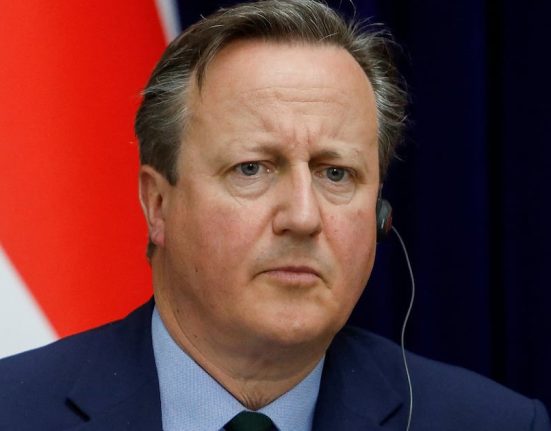There has been wide criticism that the U.K. government is not investing enough to achieve a green transition in line with its climate pledges. It continues to back oil and gas operations in the North Sea and has gone back and forth on several renewable energy and nuclear power plans. However, a potential new investment in the battery energy storage sector by NatPower U.K. could massively boost the country’s storage over the coming decades, thereby strengthening its renewable energy sector.
This month, a renewables developer announced it would be investing almost $12.8 billion into a massive battery storage project. NatPower, a U.K. startup, plans to submit planning proposals for three ‘gigaparks’ across the U.K, which it hopes to follow up with 10 more parks in 2025. The U.K., like many other countries, has been slow to invest in battery storage, meaning that it continues to rely heavily on other, more polluting forms of energy sources that are viewed as more reliable.
Countries worldwide are beginning to invest in battery storage to make their renewable energy sector more reliable. At present, much of the world’s renewable energy is only delivered to the grid when the sun is shining or the wind is blowing, making it unstable. There is often no energy being delivered from green energy projects, such as solar power, during peak evening hours. Adding batteries to renewable energy projects can help ensure that energy produced during low-demand hours can be stored and released in peak and non-production hours.
The NatPower investment is expected to contribute to the development of 60 gigawatt hours of battery storage. Two of the new gigaparks are set to be located in the north of England, while the other will be situated in the west, to be constructed on industrial land and through leasing agreements with farmers. It is raising funds for its project pipeline through private companies and pension funds, with news of more investments expected in the coming weeks.
The company will also invest around $768 million in substations. Stefano Sommadossi, the CEO of NatPower UK, stated: “To solve the bottlenecks that are slowing the shift to clean energy, we will drive investment into the grid itself, collaborating with grid operators to deliver more than 20% of the new substations required… By investing in substations and focusing on energy storage first, we will enable the next phase of the energy transition and bring down the cost of energy for consumers.”
The potential investment is expected to improve the U.K.’s renewable energy project pipeline, which has been criticised for lagging behind other Western powers, such as the U.S. and EU. The U.K. has hit several hurdles in the development of its green energy industry over the last year. In September, the government failed to attract a single bid in its offshore wind auction. The government hopes to remedy this by investing nearly $1.3 billion in support of new wind power projects in the next auction. There has also been criticism over waiting times for renewable energy projects to be connected to the grid, with many renewable energy firms being told that it could take between 10 and 15 years at the current rate. This is expected to be partially tackled through a $52-billion infrastructure overhaul by National Grid.
A report released by RenewableUK in December showed that the energy storage project pipeline, including projects that are operational, under construction, consented or being planned, had grown by over two-thirds from 2022 in terms of capacity. The project pipeline increased from 50.3 GW in December 2022 to 84.8 GW in 2023, marking an increase of 68.6 percent.
Barnaby Wharton, the Director of Future Electricity Systems at RenewableUK, stated “It’s great to see that our battery storage pipeline has grown by over two-thirds over the last year, as this demonstrates that there’s a huge appetite among investors to enter this rapidly growing market. This puts us well on track to delivering the 30GW of flexibility which the Government says we will need by 2030 to ensure electricity supply always meets demand. Getting viable projects connected to the grid is a priority, and industry has welcomed progress on reforming the connections process.” He added, “While the battery market is booming, we need investment in even larger projects to store energy for longer, unlocking further opportunities for us to scale up this cutting-edge technology. We’re still waiting for the Government to confirm how they will stabilise revenues for long-duration projects.”
The expansion of the U.K.’s battery storage capacity will support a green transition and help the government meet its climate pledges by ensuring that the grid has a stable flow of electricity from renewable energy projects. It will also help the U.K. to eventually shift its reliance away from fossil fuels to green alternatives.
By Felicity Bradstock for Oilprice.com







